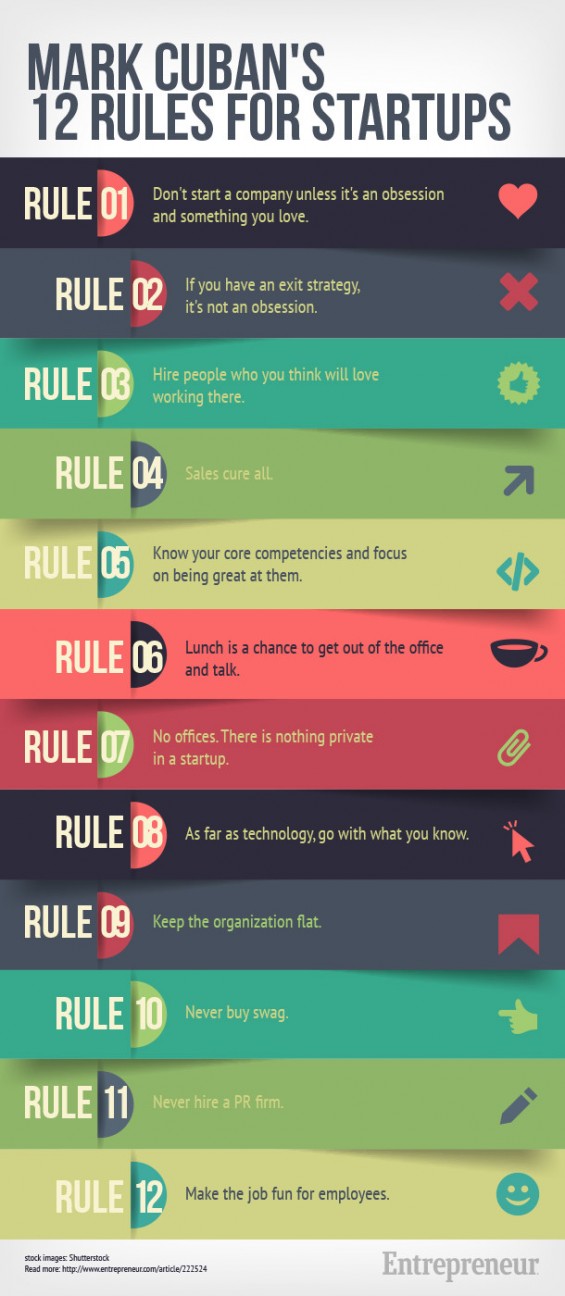I am spending more and more time in the US and so I decided to set up a bank account with an American bank. Of course you can use most of the German Debit and Credit Cards here, but it is much more expensive. The German banks usually charge extra for payments made in US Dollar and ATM withdrawals in foreign countries. It is also more convinient to have a US Debit and Credit Card. You can pay gas directly at the pump and some online services do not accept foreign cards.
While the process of setting up the bank account was pretty easy (for me, not for the bank rep who was constantly looking up stuff in his guideline books) the banking fees here are insane compared to the ones in Germany. Just to give you a few examples: For an incoming domestic wire transfer (“eingehende Überweisung”) they charge $15, for a international one $30. If you overdraft your account, there is a $34 fee for each transaction, while the account balance is negative, in addition to the interest rates, which can be up to 19,99% (The sales rep had to lough himself as he was explaining them to me and I asked if that was a joke.)
But my main use cases being, getting cash from the ATM and using the Debit/Credit Card are free, so it still would be cheaper and easier than using my German cards.
However transferring money from Germany to a US bank account is a very different story. I did a first transfer of 1000 Euro and when it showed up in the US account, around $86 where missing. I wrote to ComDirect and Chase for an statement showing me the exchange rate used and the fees subtracted, but both said it was outside their responsibility because they had used Bank Of America as an agent and they had no idea what the fees were. So almost 7% of the money were missing and I could not even get a receipt for the fees.
In my opinion, that is a very smart form of embezzlement, so I needed another solution and found TransferWise. A online service especially made to transfer money internationally at low and transparent fees. They use the official mid-market or interbank rate to exchange the currencies and charge only a low fee of 0,5%. So I did another test transfer of 1000 EUR with them. It took a few days longer than the regular wire transfer, but it was much cheaper. Not only did they really only charge 5 EUR in fees, they also used ACH, which made it free to receive at Chase.
So by using their service, I saved $80 or 64 EUR in fees for the transaction. That is a pretty big difference. TransferWise was created by the people who initially founded Skype and is backed by investments of Richard Branson, Index Ventures and many others. They achieve the cheaper price difference by not really moving the money but trying to match your transfer with other transfers going into the opposite direction.
(Disclaimer: The link I used is an affiliate link. It will give you one free money transfer and me 70 GBP should 3 people sign up and transfer money at least once. Which will probably never happen. So I get nothing and the one person who will try it a free transfer.)














